Biotech drugs — which are generally derived from a living organism, as opposed to traditional purely chemical medications — are currently among the most expensive medicines available. But today, the Food and Drug Administration issued its first approval of a drug that is “biosimilar” to an existing biotech medication; a development that could possibly result in billions of dollars in savings. [More]
prescriptions
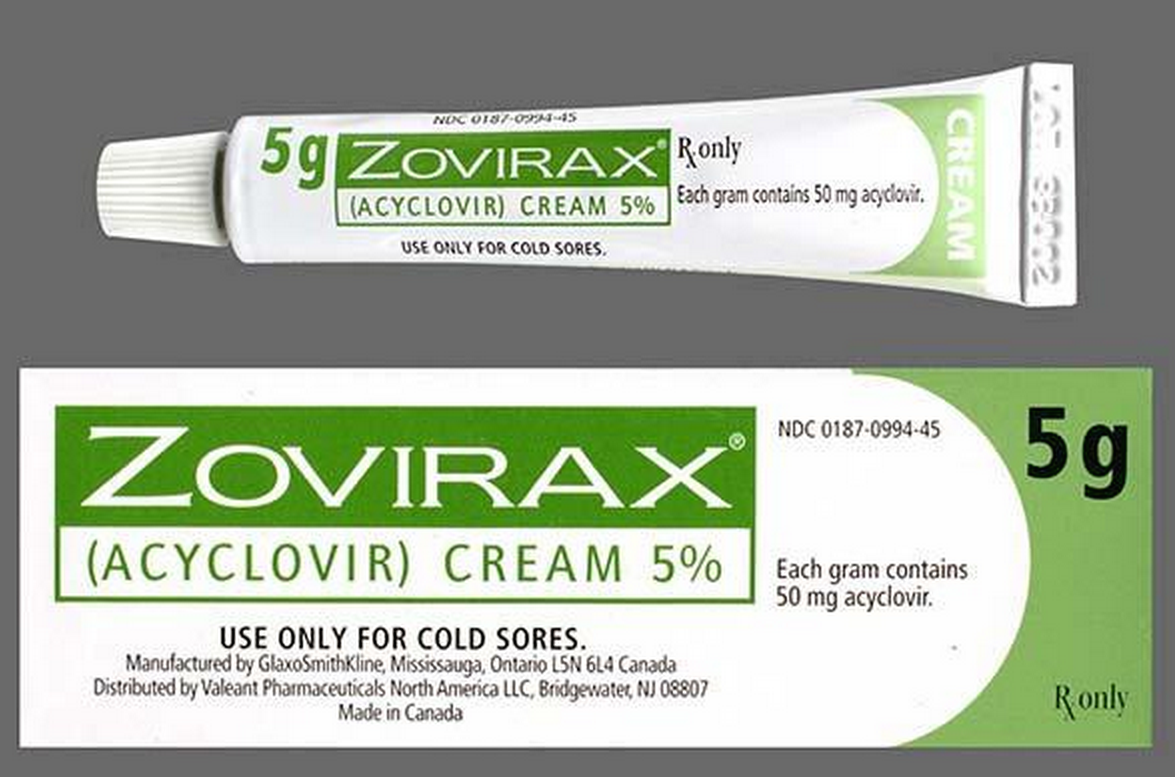
Why Does A Tube Of Cold Sore Cream Cost $2,500?
In Canada, you can buy a tube of brand-name prescription cold sore cream Zovirax for around $50. Its generic equivalent (acyclovir) is half that price. And even here in the states you can find generics acyclovir pills and ointments for a reasonable price, so why does what is effectively the same product sell for more than $2,500 in the U.S.? [More]
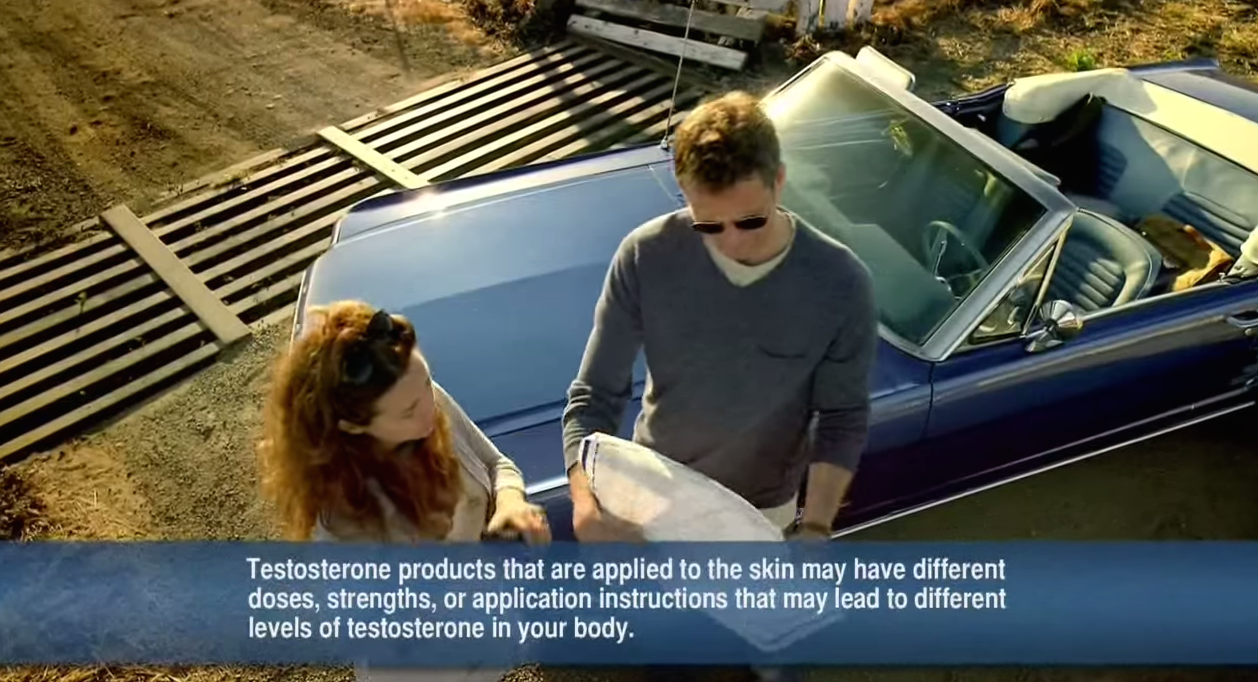
FDA Warns: If Your “Low T” Is Just From Getting Older, Don’t Use Prescription Testosterone
In recent years, makers of prescription testosterone treatments like AndroGel began throwing around the term “Low T” in TV ads, blaming low levels of the hormone for various problems — sex drive, flagging energy, moodiness — that have long been associated with simply growing older. But the FDA is now acknowledging that these drugs pose “a possible increased risk of heart attack and stroke” and are warning against their use for the treatment of anything other than very specific medical conditions. [More]
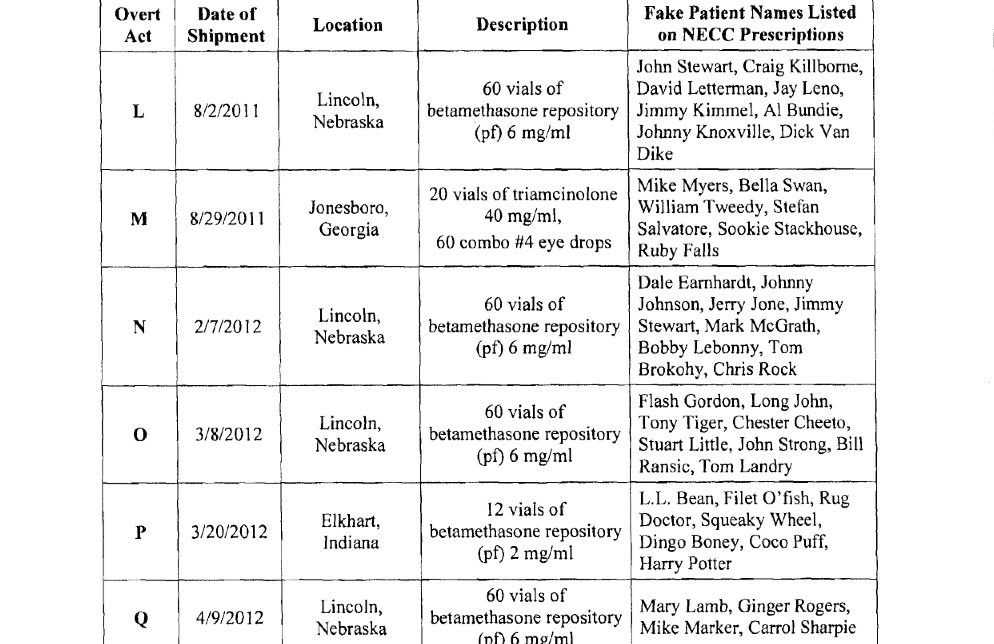
Pharmacy Linked To Deadly Meningitis Outbreak Allegedly Faked Prescriptions For “Filet O’Fish,” “Bud Weiser”
As part of a federal indictment against a Massachusetts pharmacy linked to a meningitis outbreak that killed 64 people, officials allege that employees of the company used some pretty suspicious names on faked prescriptions, including things like menu items — “Filet O’fish” and “Coco Puff” — as well as famous er, names like “Bud Weiser” and his pal, “Raymond Rollingrock.” [More]
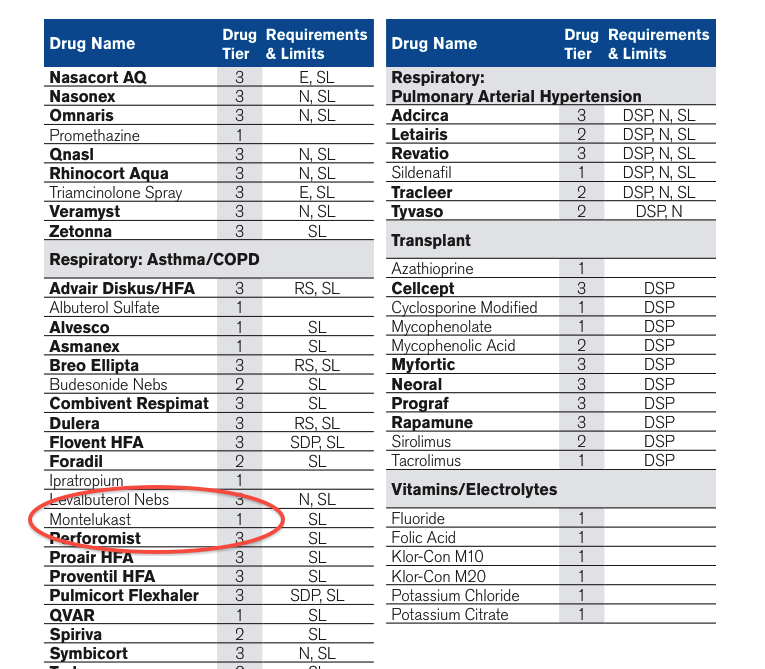
We Live In A World Where Your Insurer Doesn’t Care That It Charges Two Prices For One Drug
In one month, the price of your generic prescription doubles. The first person at your insurance company says “Oops, that’s a mistake,” but a second person tells you that the mistake was actually made when you were charged the original, lower price. Meanwhile, the insurance company’s website tells you that the lower price is the correct one — and none of these people actually seem to give a damn. [More]
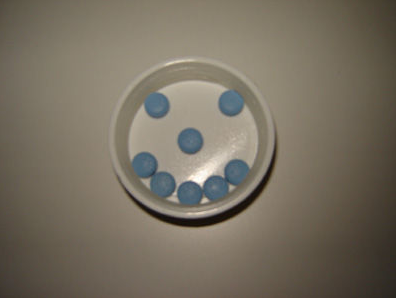
GSK Theoretically Not Going To Pay Off Docs Anymore
Giant drug manufacturer GlaxoSmithKline announced today that it intends to stop paying doctors to prescribe more of the company’s drugs, a move that could possibly entice other large pharma companies to do the same. [More]
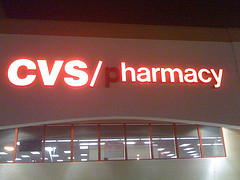
Why Does CVS Need A HIPAA Waiver To Count How Many Prescriptions You Fill?
If you don’t mind trading your shopping history and personal data for free stuff or discounts, loyalty card programs offer some great benefits if you were going to be loyal to a business in the first place. The question is, how much of your privacy are you willing to give up for some discounts? [More]

Silly Me, Expecting My Mail-Order Pharmacy To Pay Attention To My Meds
Don’t expect your mail-order pharmacy to look out for you or for your health. That’s what reader Kathleen learned when her auto-refill prescription got auto-refilled, in spite of her new and exciting prescription for the same medication in a higher dose. Isn’t the point to having everything run by benevolent computers that they’re smarter than we are, and don’t make silly human errors? [More]

How To Save Money By Not Using Your Health Insurance
We’ve covered the topic of low-cost generic medicines in the past, helping a reader save more than $300 in out-of-pocket expenses every year by filling his prescriptions at a discount store and not using his health insurance. That’s just one person, though. Can this plan work for everyone? Our sibling publication Consumer Reports deployed their nationwide network of secret shoppers to find out. [More]
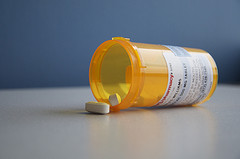
CVS Pharmacy Tech Makes Up Laws, Demands Photo ID For Prescription Dropoff
Jeff takes the generic form of Adderall, a mild stimulant prescribed for Attention Deficit Disorder. His health insurance uses prescription benefit company Caremark, which CVS owns, so he can pick up the 90-day refills that normally would go through mail order at a retail CVS pharmacy. Yay, how convenient! Only he ran into a problem the last time he needed to get more pills. The pharmacy technician demanded photo ID in order to drop off his prescription. To pick up the bottle of 90 pills, sure: it’s a controlled substance. But to drop off the prescription? [More]
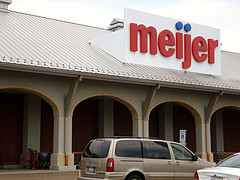
Meijer Customer Service Saves The Day After Surgery
Amanda was exhausted, after dealing with her mother’s post-surgery care and bringing her home from the hospital. Neither of them anticipated that the biggest problem would that day be with getting her post-discharge prescriptions filled. One of the medications was more obscure than she had imagined. They visited three different pharmacies in their rural area and were ready to give up hope when they finally visited the pharmacy at the local Meijer. They had the drugs! For $250! Oh, no. [More]
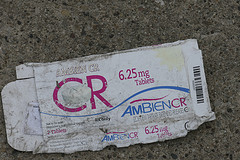
FDA Says Ambien Is Making Us Too Groggy In The Morning, Requires Lower Recommended Dosages
Zolpidem, the active ingredient in prescription sleep aids Ambien, Edluar, and Zolpimist, is apparently leaving some users — especially women — groggy and impaired in the morning. Thus, the FDA is requiring the manufacturers of these drugs to lower the current recommended doses. [More]
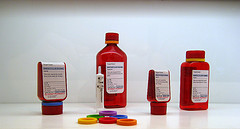
Target Says It Will No Longer Pressure Pharmacists To Push Auto-Refill Program
Last month, we wrote about how a number of pharmacists at chains like CVS, Walgreens, and Target were being pressured by management to put customers into auto-refill programs, which led to some customers being enrolled in the program without their approval. Now Target says that it no longer measures pharmacists’ success by how many people they place into auto-refills. [More]
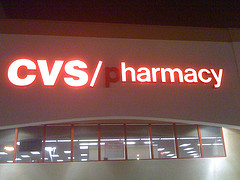
How I Saved A Bunch Of Money By Leaving CVS For A Locally Owned Pharmacy
Comparison shopping can save you a lot of money, and the difference can be dramatic in the case of prescription drugs. Susan ventured to CVS to fill her first prescriptions after leaving her former employer’s insurance, and was shocked to see that a medication she was used to paying a $10 copay for would cost $54.99 out of her own wallet. This certainly isn’t the biggest prescription sticker shock we’ve ever heard of (or experienced ourselves) but it did motivate Susan to shop around. That’s when she learned that loyalty to a pharmacy doesn’t really pay all that much. She left CVS behind, and now her bank account and her soul are much happier. [More]
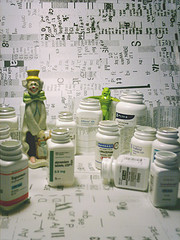
Pharmacists Confirm Pressure From Management To Refill Prescriptions Automatically
Since we began following the stories of CVS pharmacists who appear to have been pressured into automatically refilling customers’ prescriptions, regardless of whether or not a refill has been requested, we’ve received enough e-mails from from both customers and pharmacists at a number of companies who say these are not isolated incidents. [More]
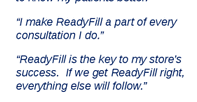
Documents: CVS Pharmacists Pressured To Put Customers In Auto-Refill Program
CVS has repeatedly denied accusations that the drugstore chain pressures its pharmacists into refilling customers’ prescriptions without their consent, but new documents show that the company expects pharmacists to push pharmacy customers into ReadyFill, its auto-refill program. [More]
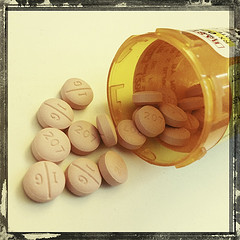
Has Your Pharmacy Automatically Refilled Your Prescription Without Asking? We Want To Hear From You
Since we began covering the allegations that CVS pharmacists are being pressured into automatically filling prescriptions without customers’ consent, we’ve heard from a few readers who have experienced this problem with their pharmacy — not just CVS. We’d like to see just how widespread the issue is, and that’s where y’all come in. [More]
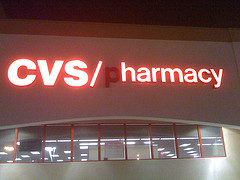
CVS Under Investigation For Automatic Prescription Refill Allegations
After leaked e-mails seemed to indicate that at least some people at CVS have been pressuring pharmacists to refill customers’ prescriptions — without the patient’s consent — in order to meet sales quotas, federal and state regulators have begun investigating the drugstore chain. [More]


